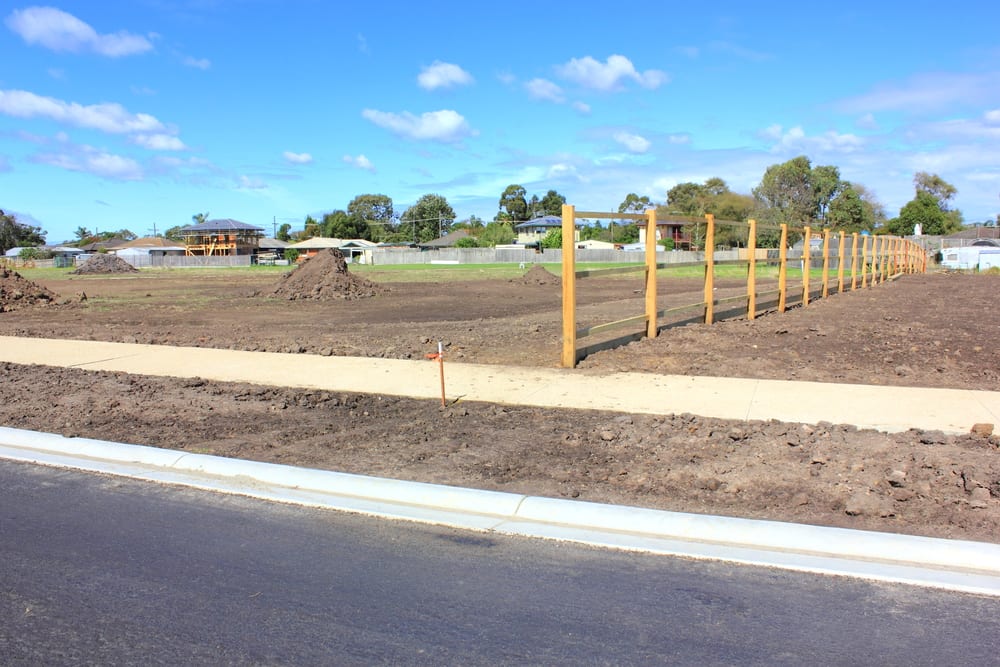
Thinking about buying and subdividing an investment property?
 Recently, the government has been making pushes for increased housing density in well-known areas of Perth.
Recently, the government has been making pushes for increased housing density in well-known areas of Perth.
Within this plan, future government strategy ‘Directions 2031 and Beyond’ has set itself a target of increasing Perth’s housing capacity by 47%, using urban infill tactics.
Consequently, a quickly increasing number of councils in Perth are allowing residents of their districts to subdivide their properties, to account for the anticipated higher density living.
For the astute investor, this creates a number of opportunities. There are, however, several points that need to be considered before planning on a property subdivide.
Your council’s zoning policies
How many properties you’ll be able to build on your plot depends entirely on your council’s zoning plans.
With the use of an R. Code, your local council will set the density cap for your area. Although increased development of investment properties will be permitted, your project needs to abide by your local zoning code.
The Australian State Government has brought in recent changes to their zoning requirements, allowing them to be relaxed in certain cases. The idea behind this is to make it easier for property owners to subdivide.
Zoning requirements are forecast to be more lenient in Perth moving forward, but before investing in a property for subdividing, you should get in touch with the local council to check on the R. Code.
Check special regulations for property size
In addition to zoning codes, it’s worth checking any regulations that your local council has put in place. These can include minimum frontage, rear setback areas and boundary for your unit’s development.
With your development in mind, it’s also well worth asking about any future plans that might have an impact, such as planned road widening.
Consider the costs of strata-style developments
Prior to investing, you should consider the cost implications for the style of property you’re looking to develop. If you’re planning on building a strata-type development, as opposed to a standard family home, you should plan around the additional costs. Here are the points you should bear in mind:
- Water, phone and other connections
- Strata title fees
- Headwork charges
- Fencing costs
Factor these into your investment plan, because each of the above can add thousands onto your unit’s development costs.
In addition to this, your budget should also cater for any site works that might be needed, as ground may need to be leveled prior to construction.
Build for the market requirement
Prior to setting your plan, you should allot some time for researching local market demand. For example, an increasing amount of families in Perth are seeking properties with added security and 2 bathrooms, as well as a garage for additional storage space.
Plan your development based on the market’s requirements and you’ll be able to capitalise on demand to boost your sale price.
If you’re still in doubt, get in touch with some local property investors. Most of them will be happy to share personal stories of subdivide projects and you might be able to pick up on some more hidden traps to avoid.
Once you’ve accounted for the above points, take a look at iProperty’s listings and find your dream investment.